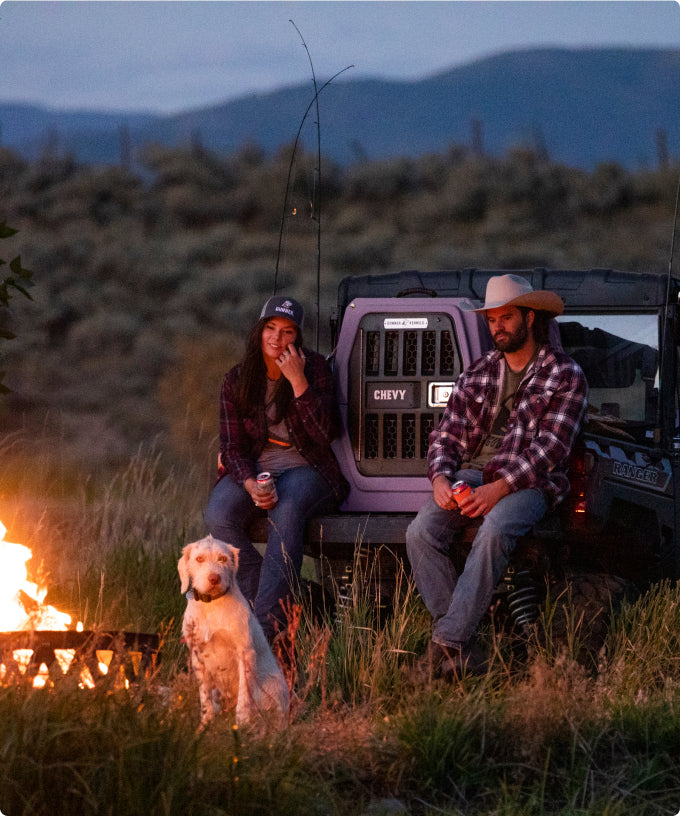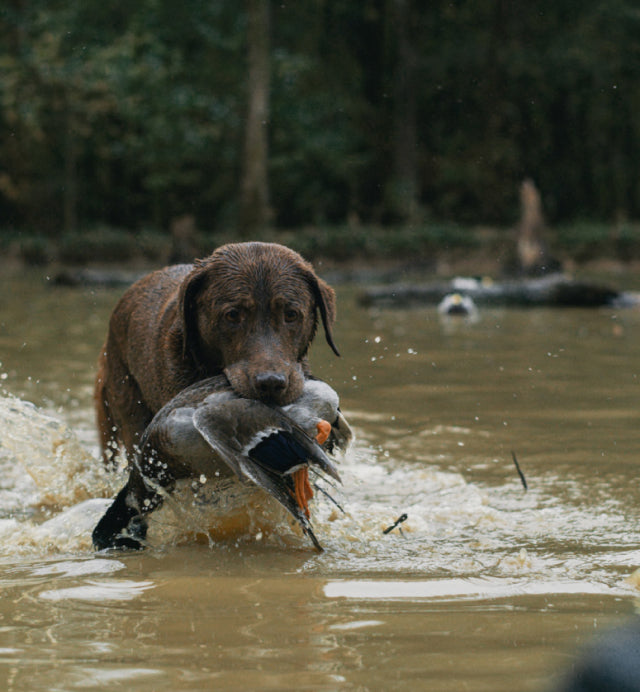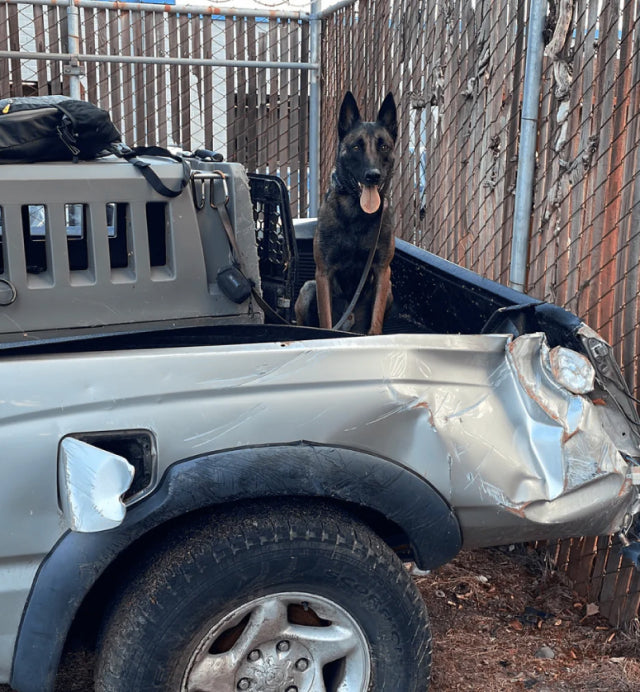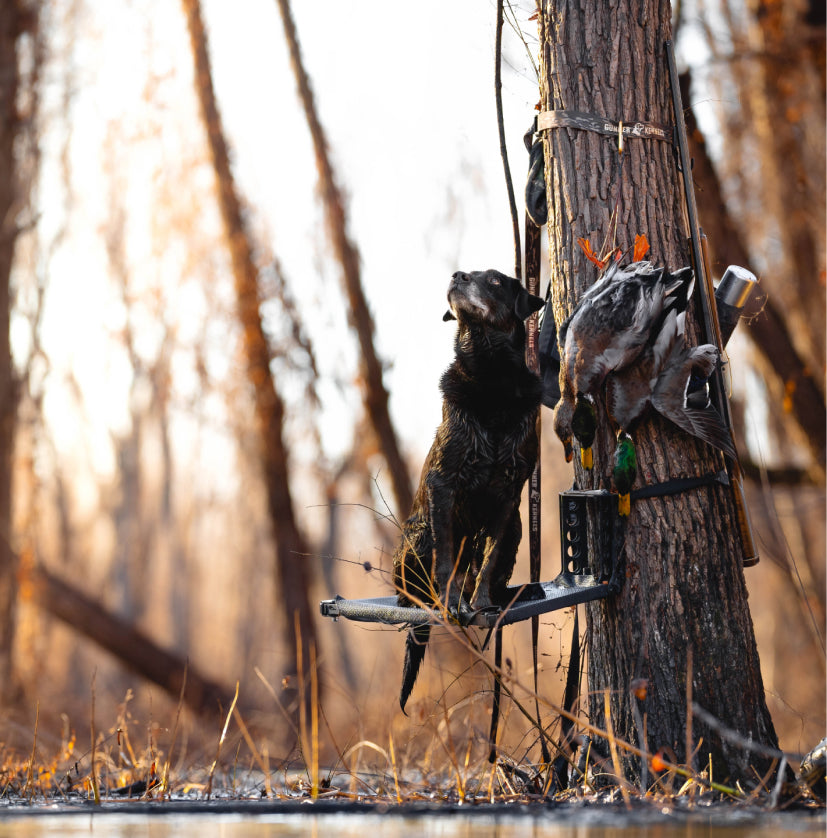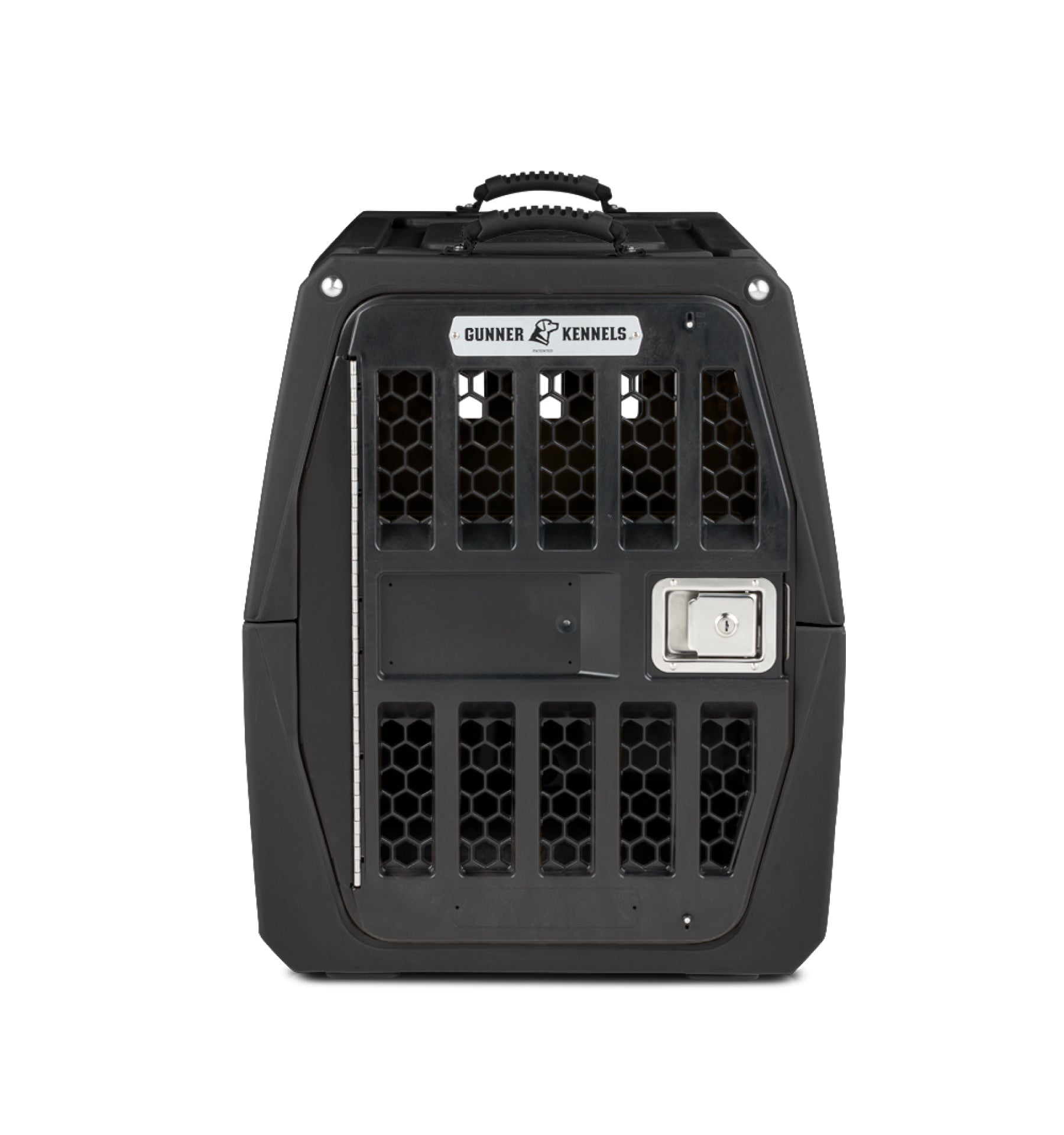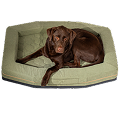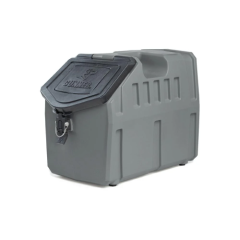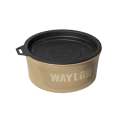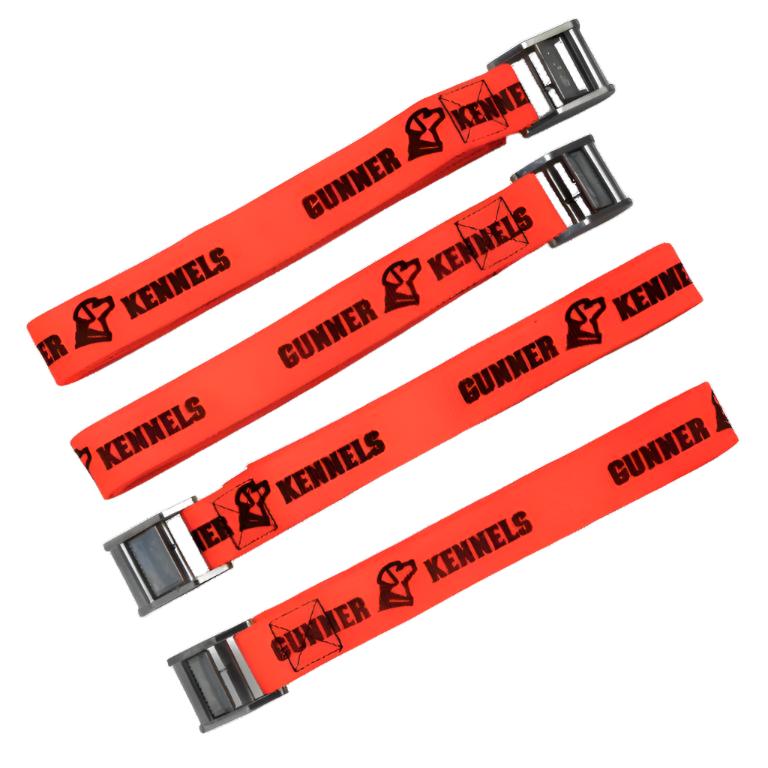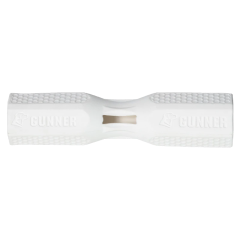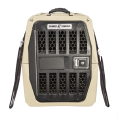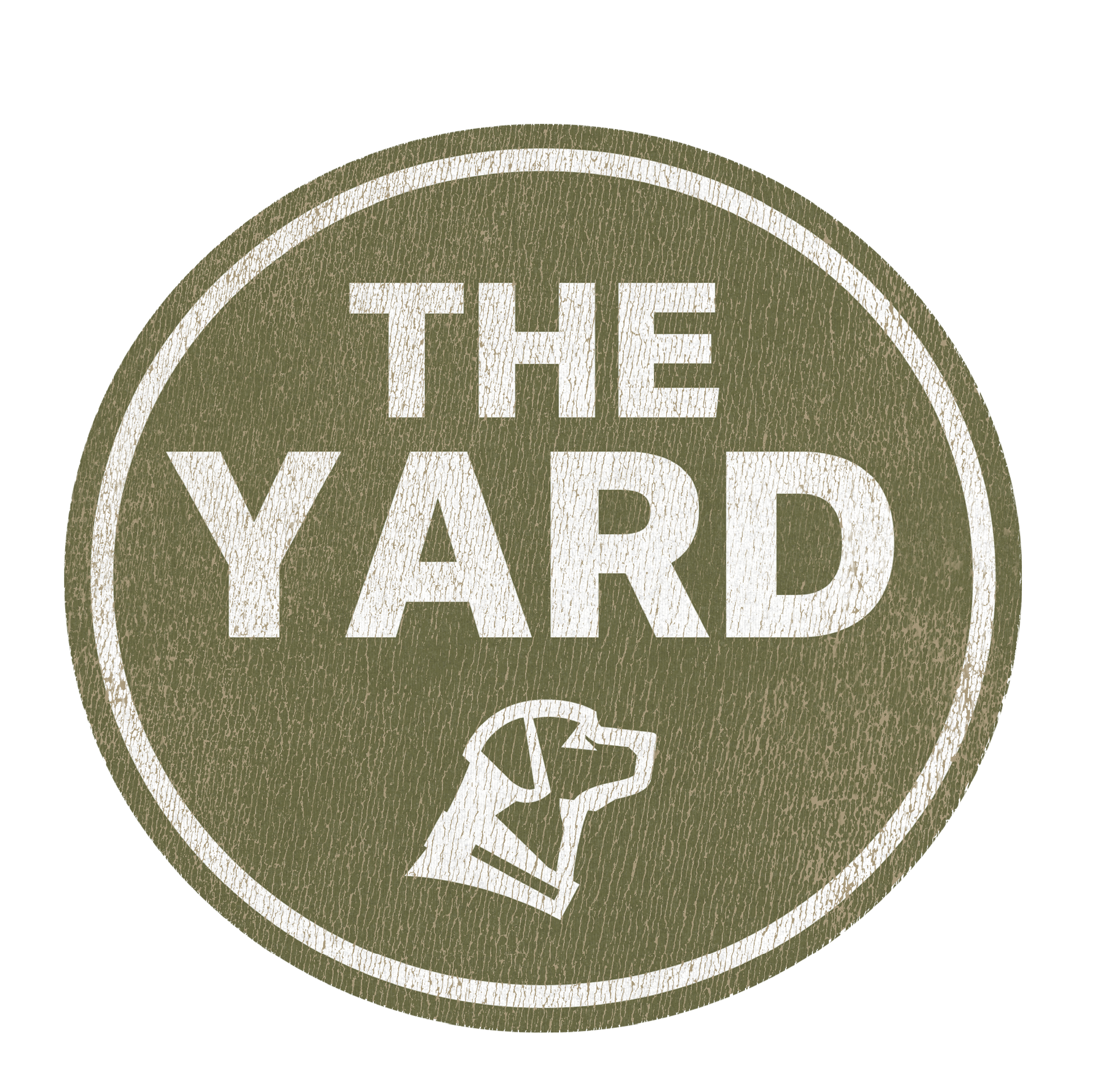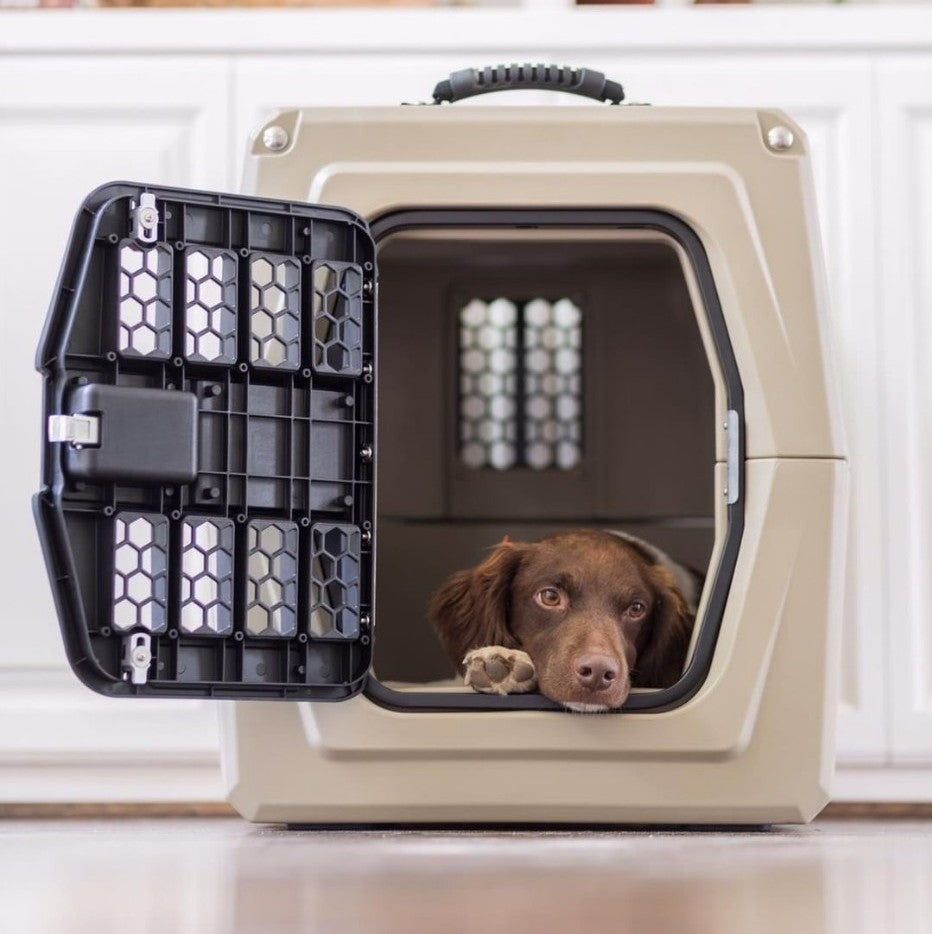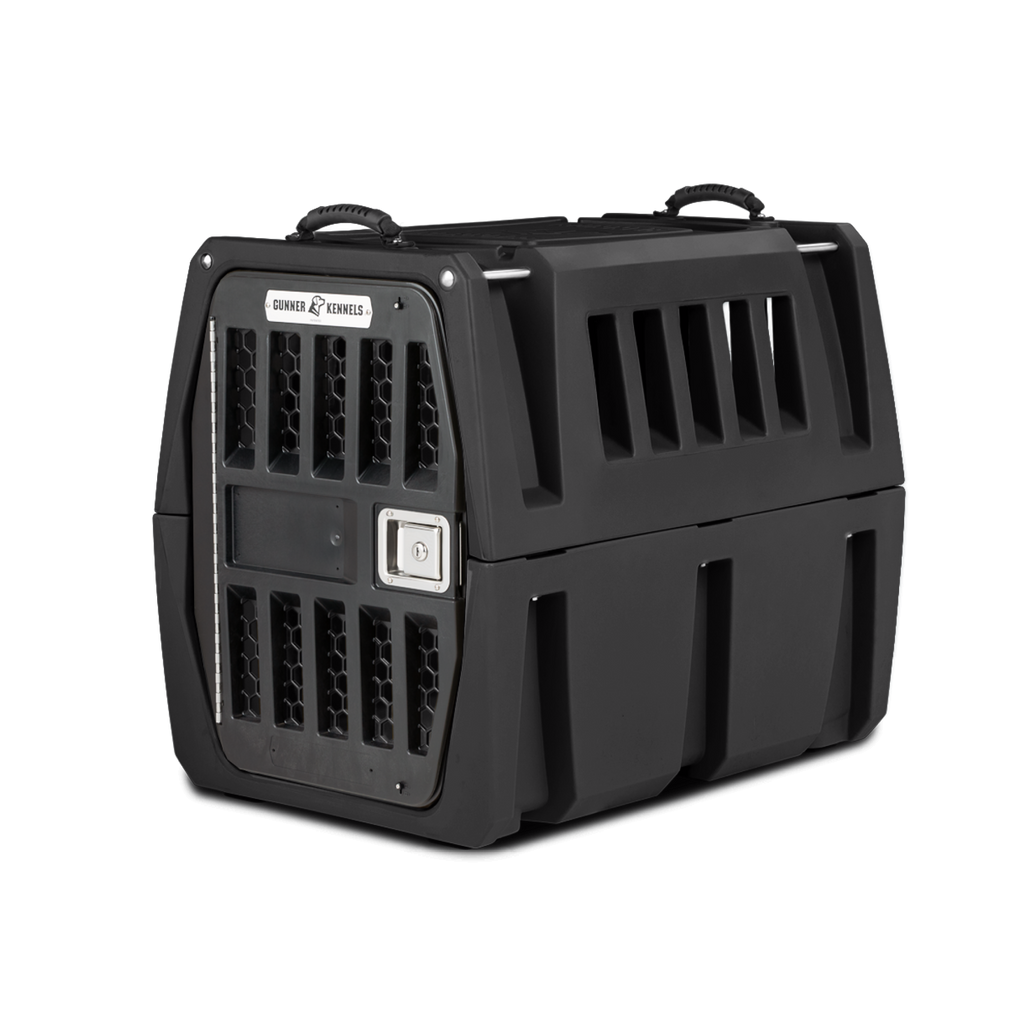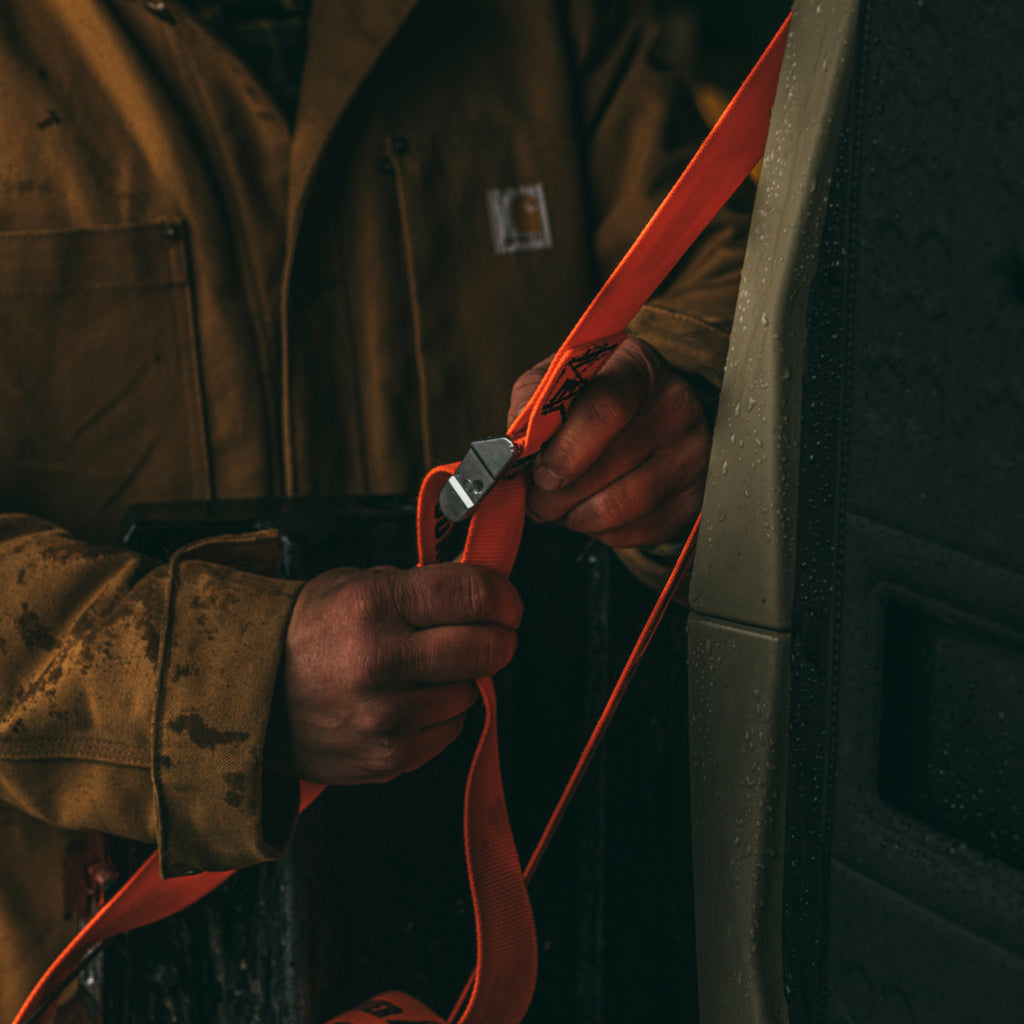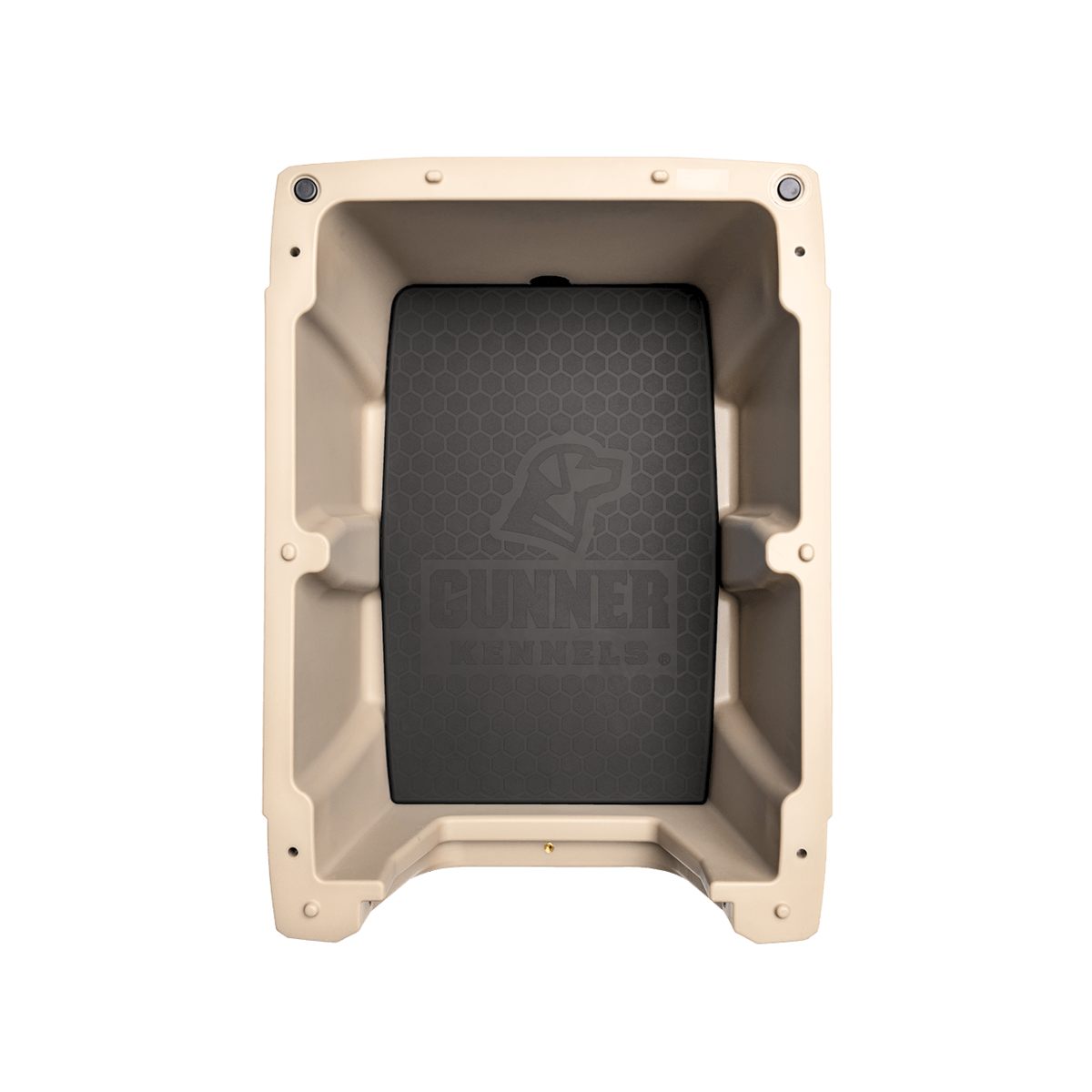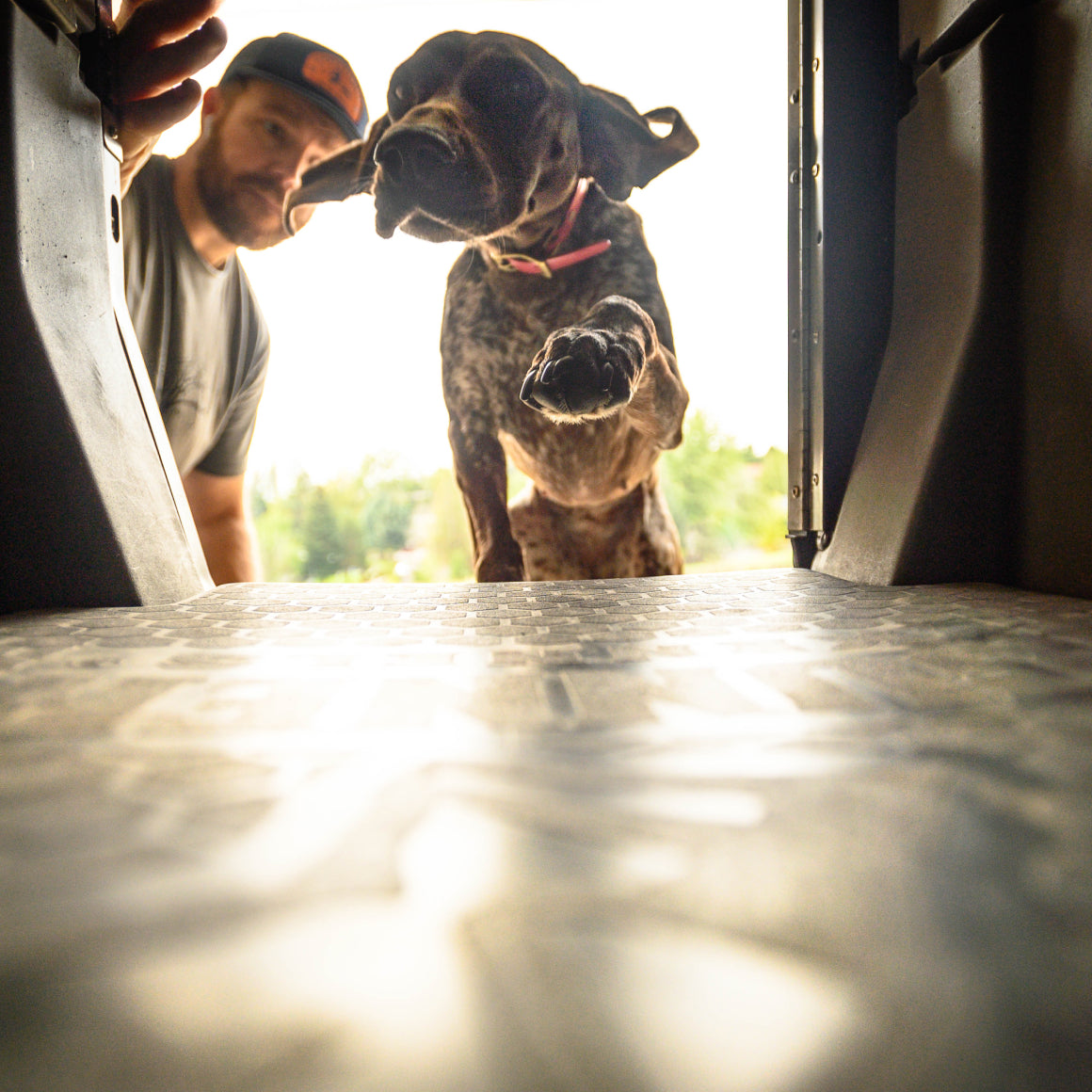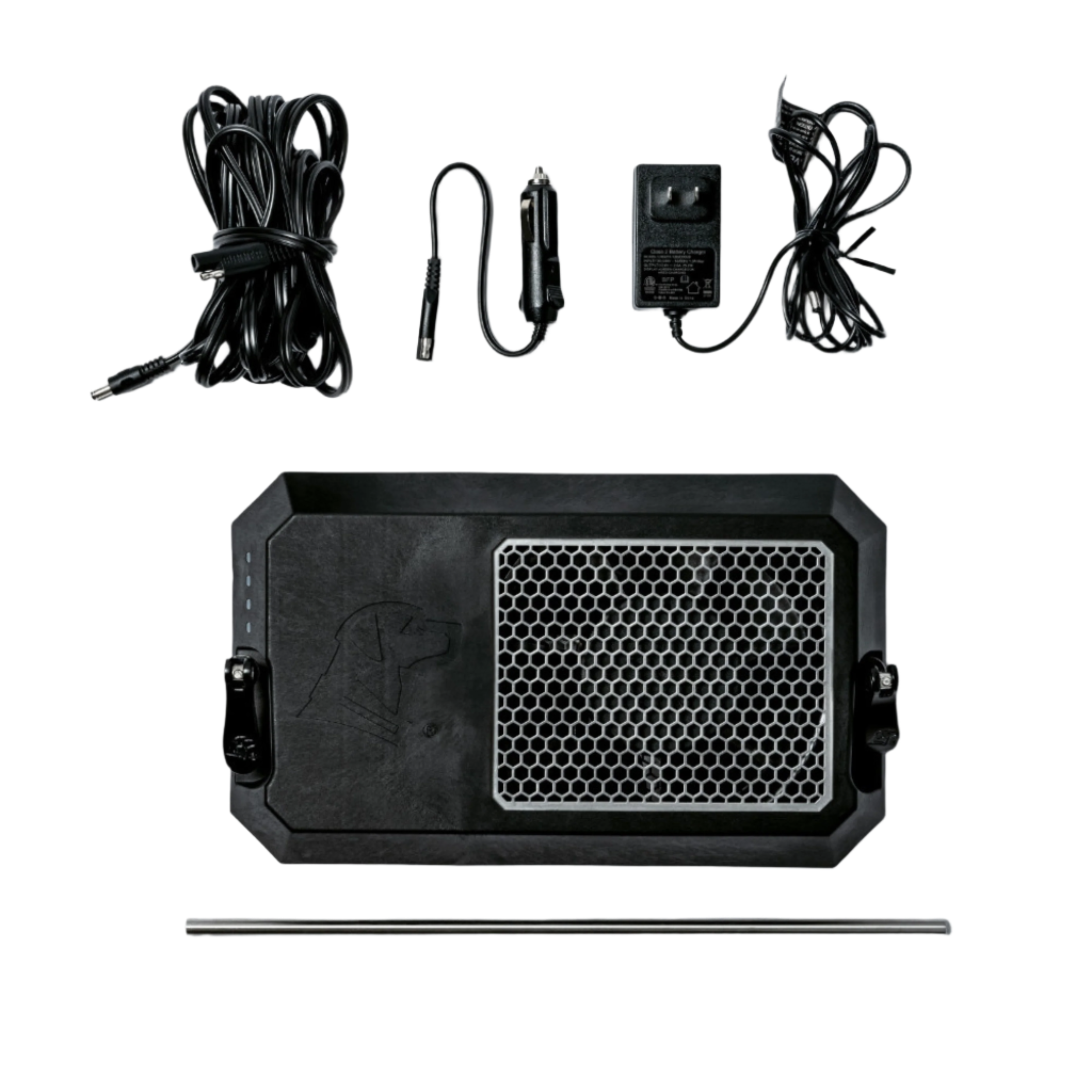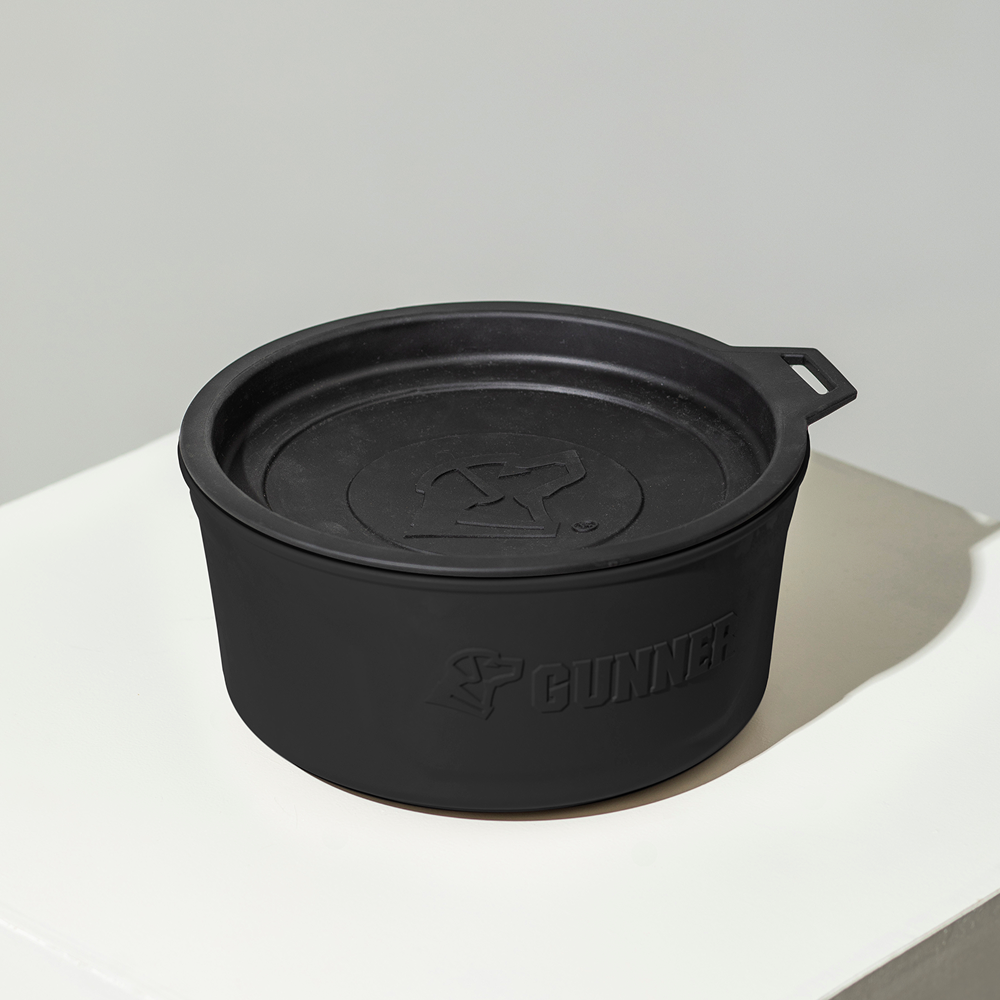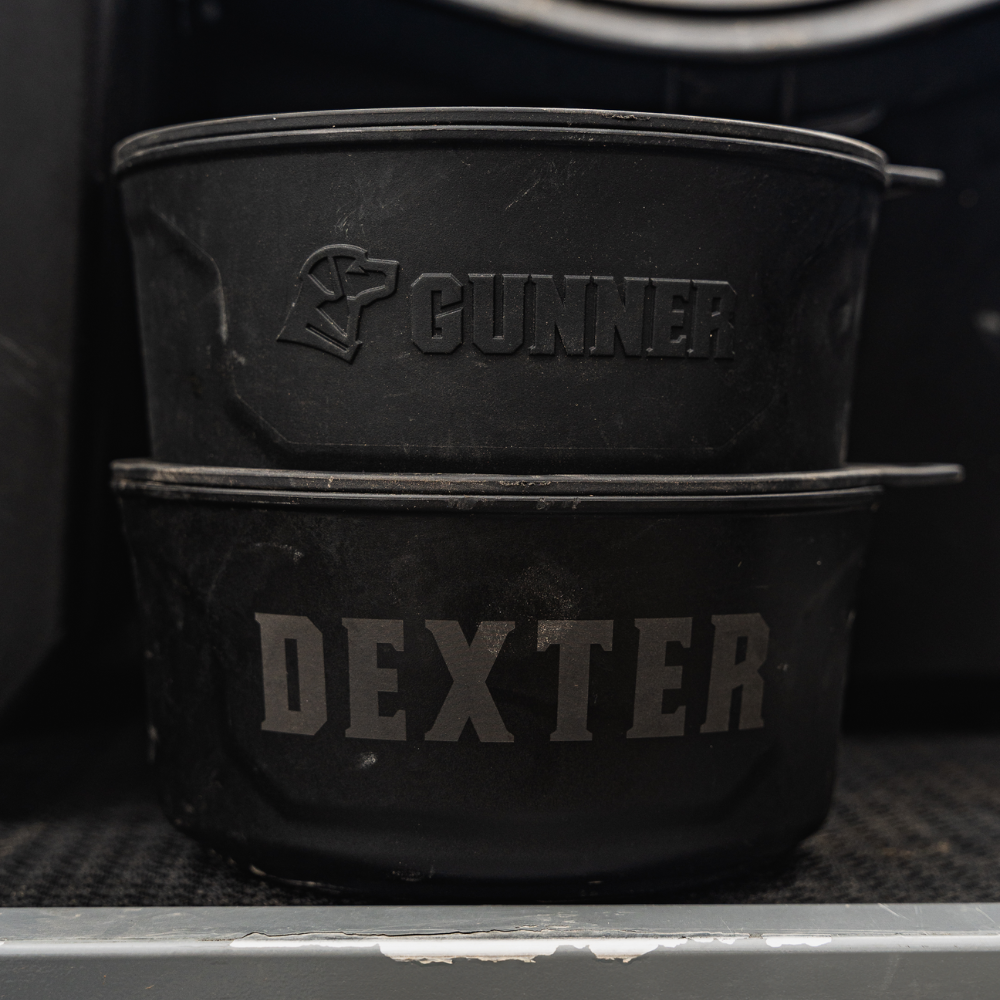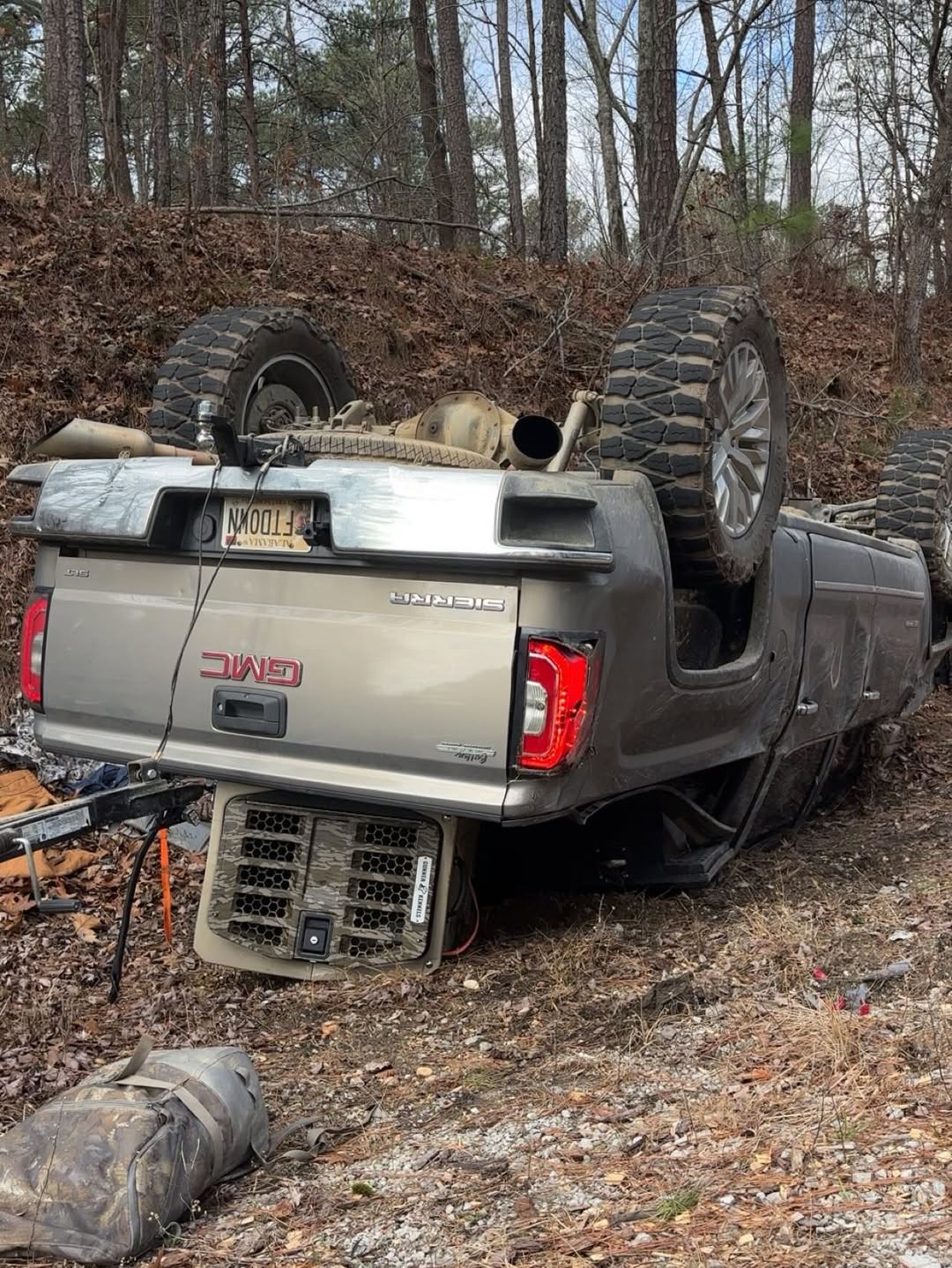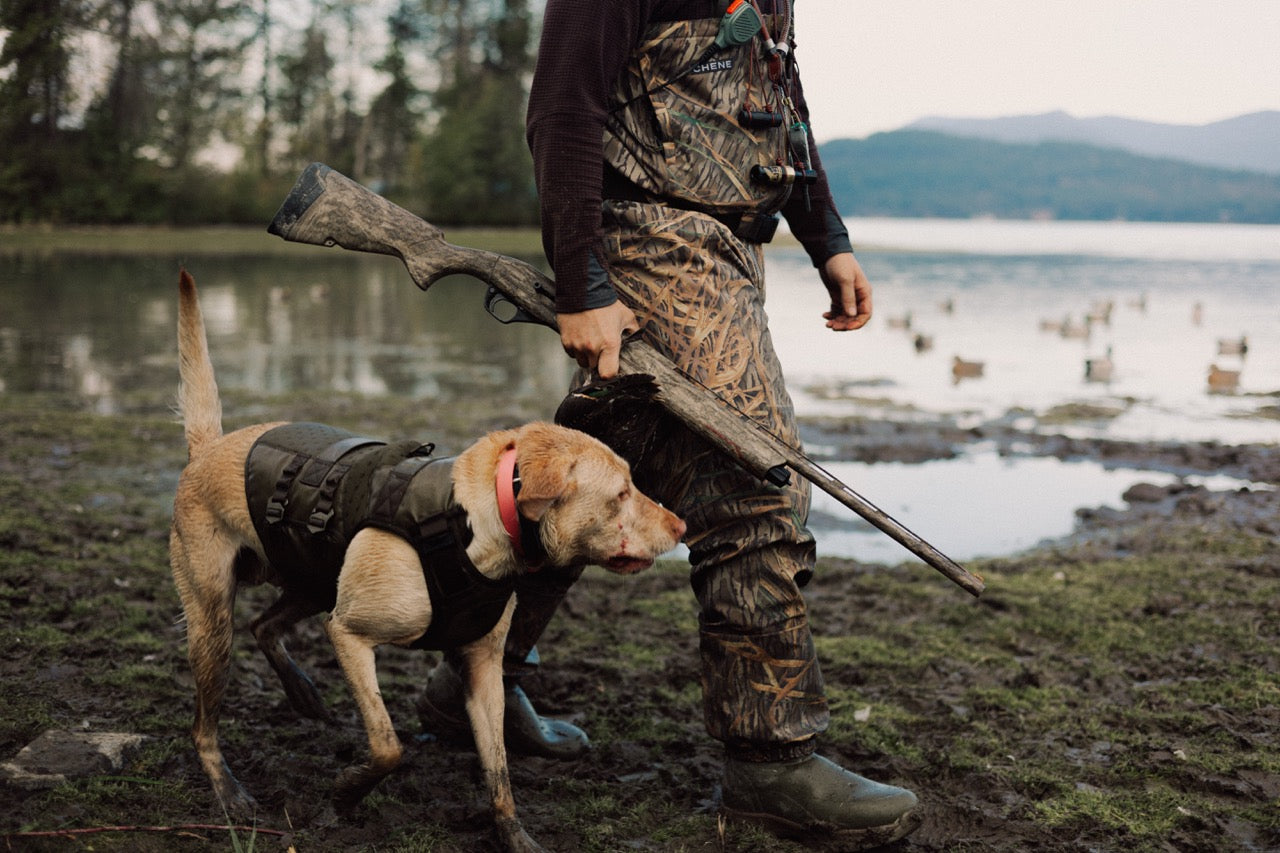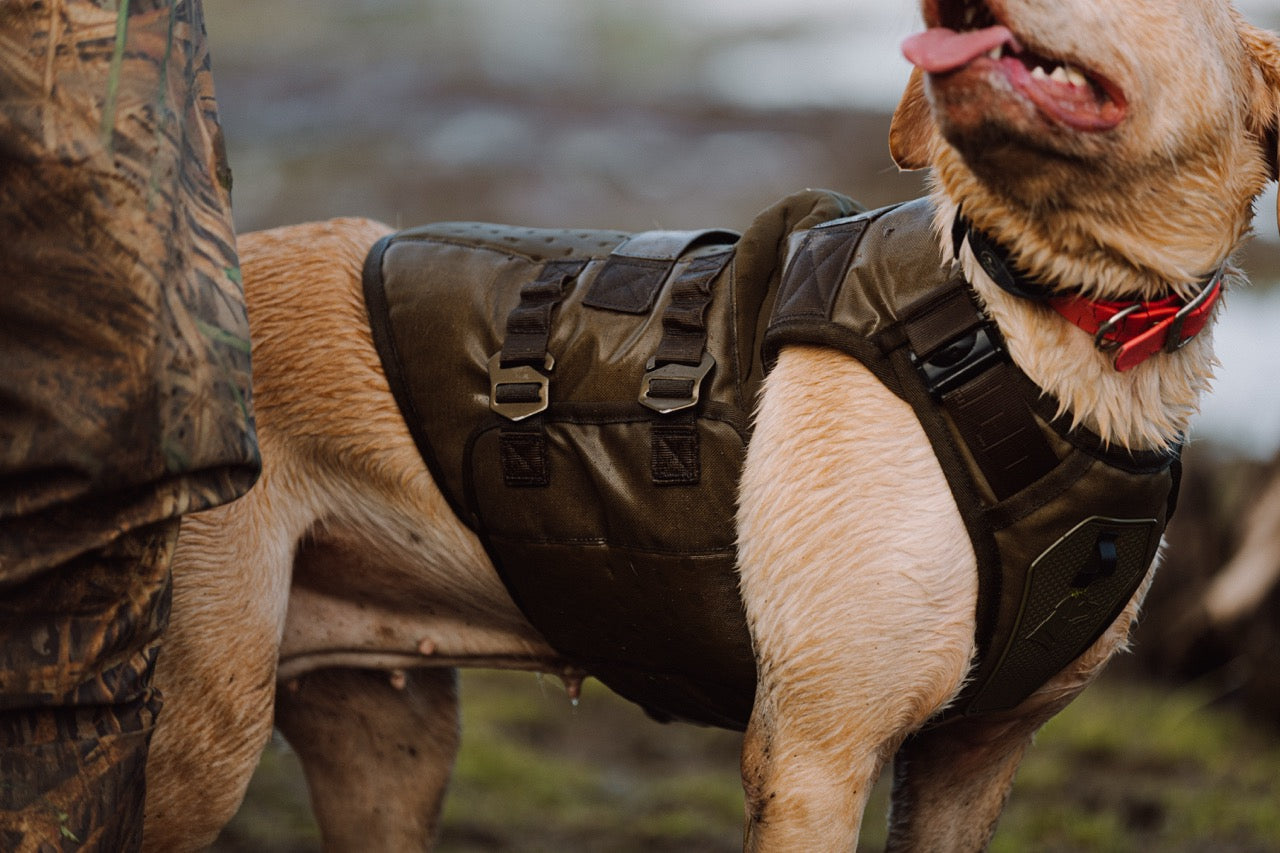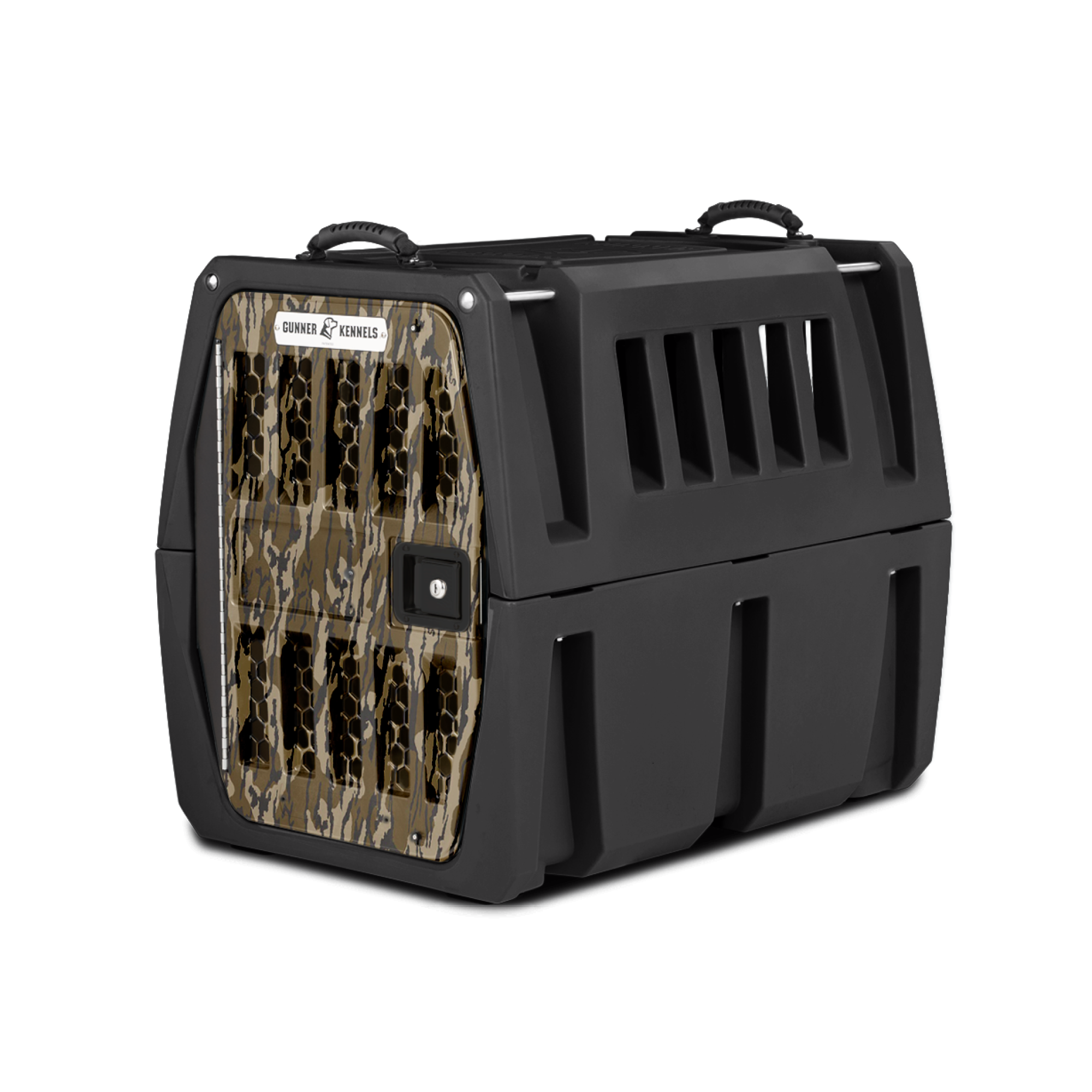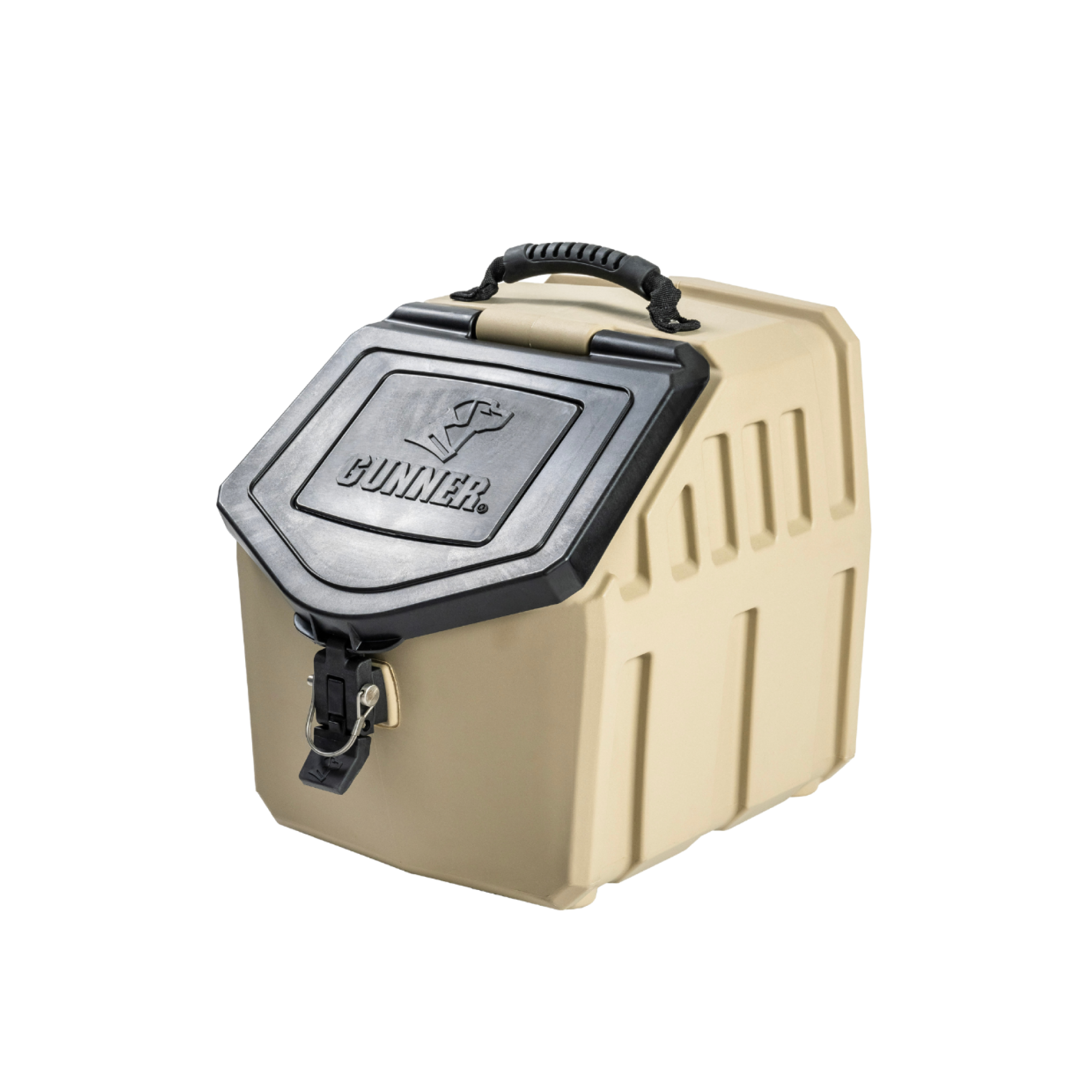Having a dog with phobias and anxieties can lead to traumatizing scenarios, a lot of hand wringing and a heavy dent in your bank account looking for a solution (or replacing damaged items…).
We know you’re here looking for a tips on how to relieve your pup’s pain. Because every dog’s specific situation is different, we feel we can’t offer a blanket list of solutions in one post, but what we can do is offer our own personal tips on what YOU can control when the crazy anxiety hits your dog.
P.S. If your dog has travel anxiety or storm phobia specifically, we have written two posts about those issues here and here. If your dog has separation anxiety, here’s a post to start you down a good path.

#1 PIECE OF ADVICE
Our best advice is to talk to your vet about the troubles your dog is having.
While this may seem obvious — and you probably have already done this — it is really important to not brush off what your dog is experiencing and work to find a cure (not a temporary solution).
A quick story: One afternoon my friend came home because they knew a storm was brewing and how their dog would react to that. They panicked when they were unable to find him…. Eventually locating him lying hidden in the bushes, hemorrhaging from his bottom due to the anxiety he was experiencing from anticipating the weather. They rushed him to the hospital, and I can thankfully say that today he is happy, healthy and — with a lot of work — no longer having that kind of reaction every time thunder rolls in. But it’s been a road to get there, with some good help from the vet.
Now, on to what you can do to help your dog, once the episode begins:
WHAT CAN YOU CONTROL?
Make Sure They Know Their Safe Place
If you check out the reviews on our crates, you’ll find a bunch of customers with anxious dogs saying they found their saving grace in Gunner Kennels (check out one specific one here)… some even claiming it has cured the anxiety by allowing their pet to feel protected in their new secure den.
To us, this makes perfect sense. Dogs are genetically programmed to ¨kennel¨ as den animals. The crate is their home and should be the safe space they seek out when they are tired, upset, or anxious. In our personal experience, and in hearing other anecdotes, we believe that the sturdy construction and material of the G1 can actually make the pet feel more protected, inducing more calm.
If you don´t think your dog has his go-to safe place — one with four walls — then our first suggestion is to crate train them to treat their kennel as a safe haven.
Don’t Leave Him At Home Uncrated/Unattended
If you know your dog has phobias, then you should not be leaving them at home alone and uncrated. You can’t always predict when the scaries are going to hit, and that’s just setting them up to try to escape, do damage to themselves, or to your home. Remember that it´s better for them to be in their safe place.
Add Some Ambiance To The Den
Whether he’s home alone or has run to his den out of fear, we suggest turning the TV on loud, placing a fan nearby, or turning on some calming music to provide a white noise effect. Put their favorite toys or blanket inside. And if it feels right, even drape a towel over the kennel windows to enhance the den setting. It really does help in some situations.
What About Some Meds?
Always look to the expert for the best advice. If your dog has had a severe reaction in the past, they may recommend a mild sedative – and some people even use Melatonin or Benadryl (though, fair warning: they do have the reverse effect on some dogs). Know that medication will only be a temporary solution, though — you will eventually need to get to the root of your dog´s anxiety for a cure.
Distraction
Depending on the situation, you can sometimes work to distract your dog through games, retrieves and rewards. Play with him if he’s willing. Or keep treats that last longer — like frozen peanut butter in a toy — in the freezer.
Finally, Just Stay Calm
Dogs feed off of your emotional state, and he’ll be looking to you for reassurance when he’s fearful. Understand that he needs that from you, and don’t overreact.
These are some quick highlights of why we think crate training is good for your dog. Do you agree with us? Let us know below, or email us here.
*special note: Gunner Kennels does not condone kenneling your dog for extended periods of time in any crate. Dogs were not made for long stretches of daily confinement. Please consider a better option if you are crating your dog each day for multiple hours, especially if they have anxiety.


